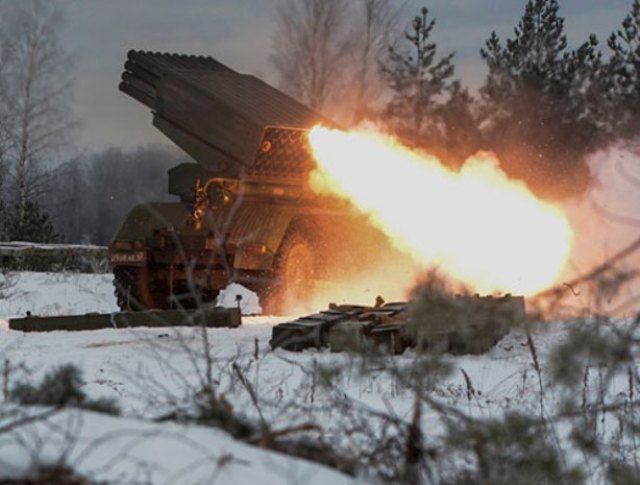The report that Russian engineers are engaged in automating the rocket artillery system has caused serious concern in the United States.
According to the American media, the "Robocatyusha" controlled by artificial intelligence is capable of destroying an entire village in one salvo. This is written by The National Interest (USA).
The reason for concern was the message of the general director of the state enterprise for the production of rocket artillery NPO "Splav" Alexander Smirnov. In an interview with Sputnik News, he said that in recent years Russia has been creating systems that include components that can become the basis for promising robotic multiple launch rocket systems.
Smirnov explained that there is already a certain degree of automation in the existing Tornado-C type jet installations. For example, in the guidance and fire control system, as well as in the equipment for preparing and launching rockets.
However, the story about "automation" has baffled the American edition, because if most modern fire installations already have this function, then "what else are the Russians up to".
"If Smirnov is talking about a fully autonomous MLRS, then in this case automation rises to a much higher and more complex level," the author of the publication explained. He noted that to implement this idea, a complex artificial intelligence and a comprehensive knowledge of the situation are needed. In addition, a reliable communication system is needed, and there are also questions about the complex control system of the "Robocatyusha". He also cited the example of Google and Tesla, whose specialists have been trying to solve similar problems for a long time when developing self-driving cars.
"Nothing is impossible. But again, an unmanned car in the event of a program failure can crush an unlucky pedestrian or cyclist and nothing more. And an artificial intelligence-controlled multiple launch rocket system will destroy an entire village in one salvo, " the article says.
The author added that if the idea is implemented, Google will already turn to Russia for advice on how to make an unmanned car.

